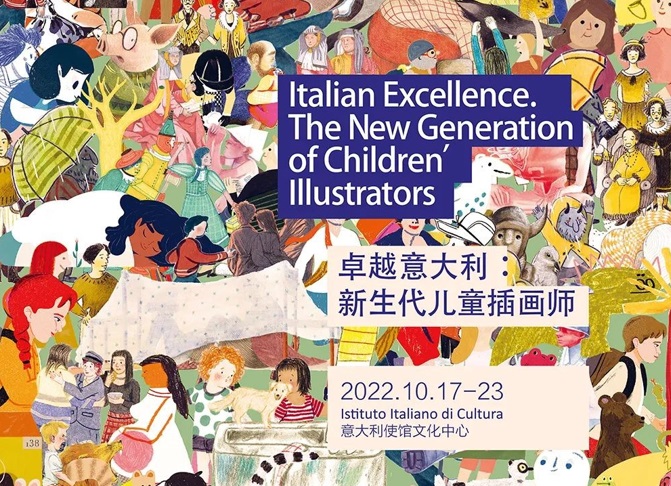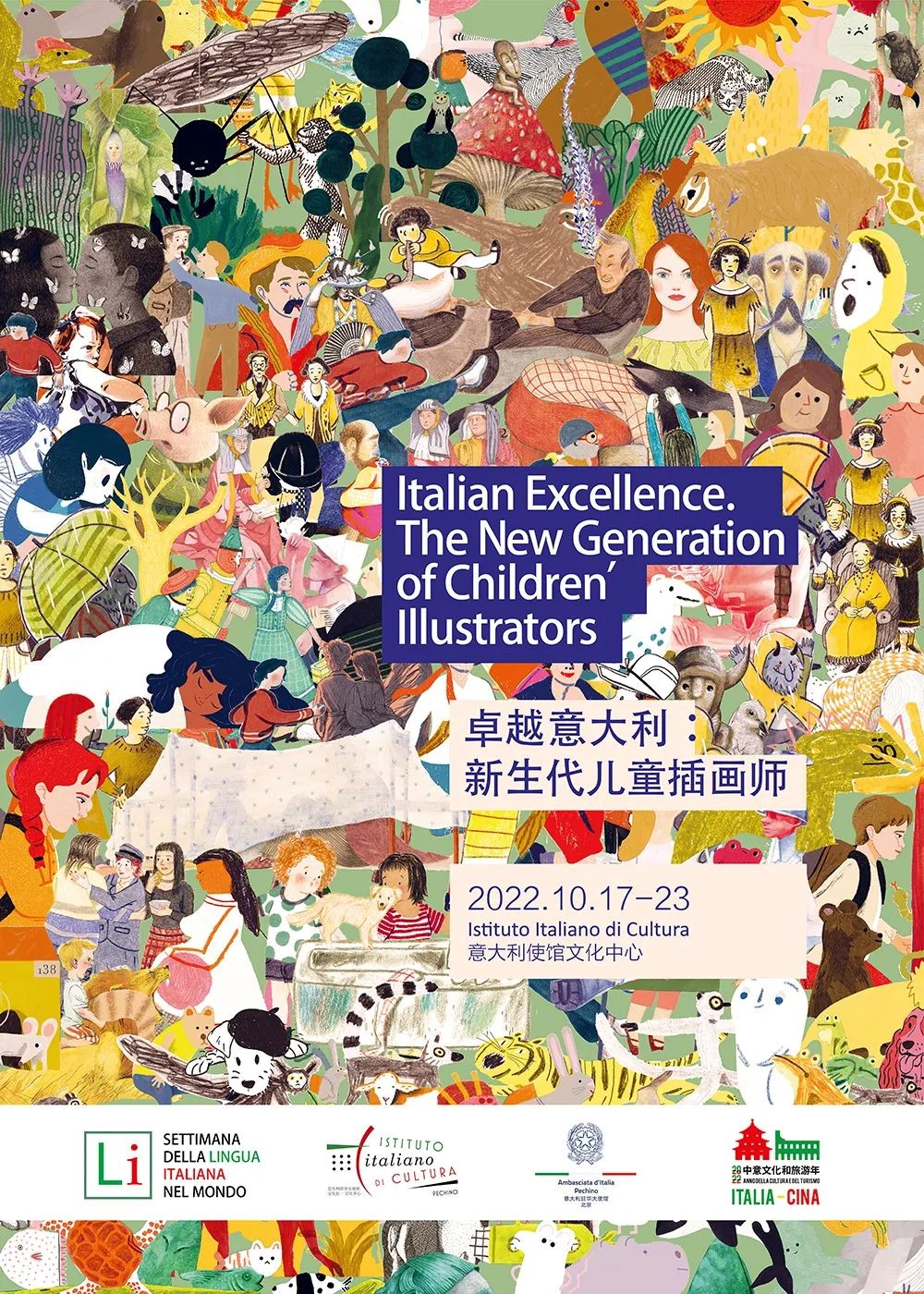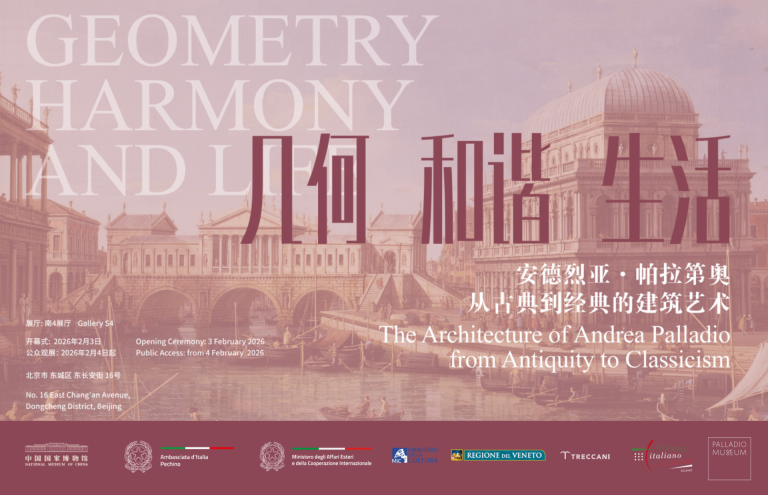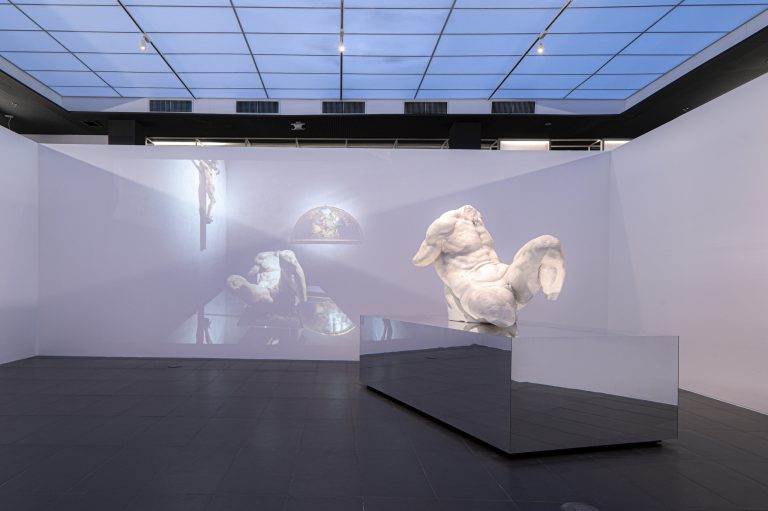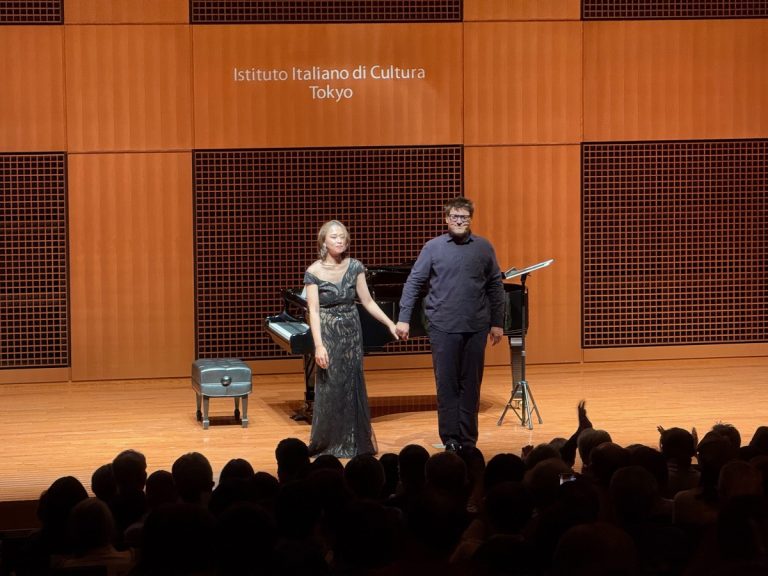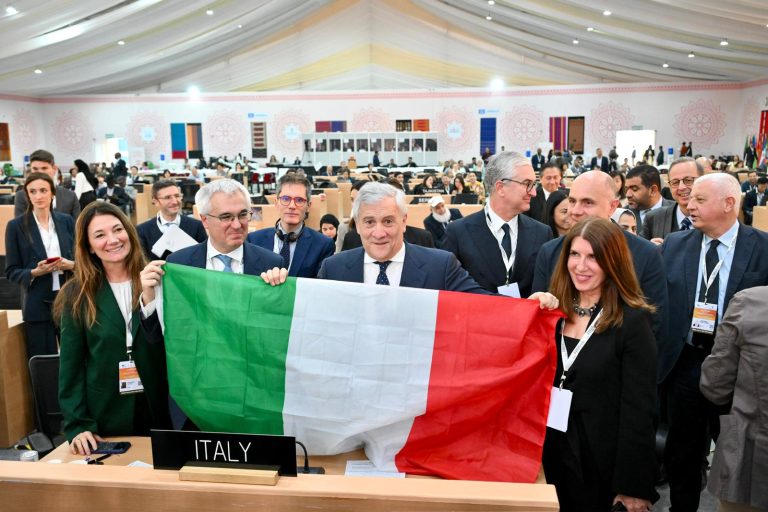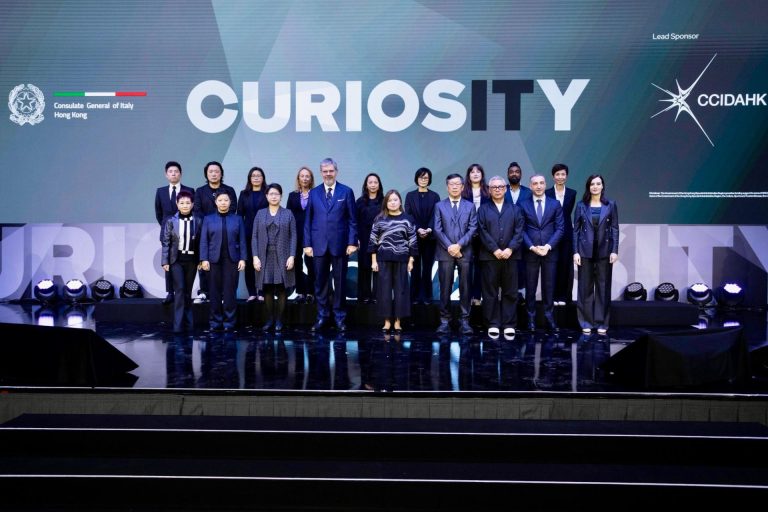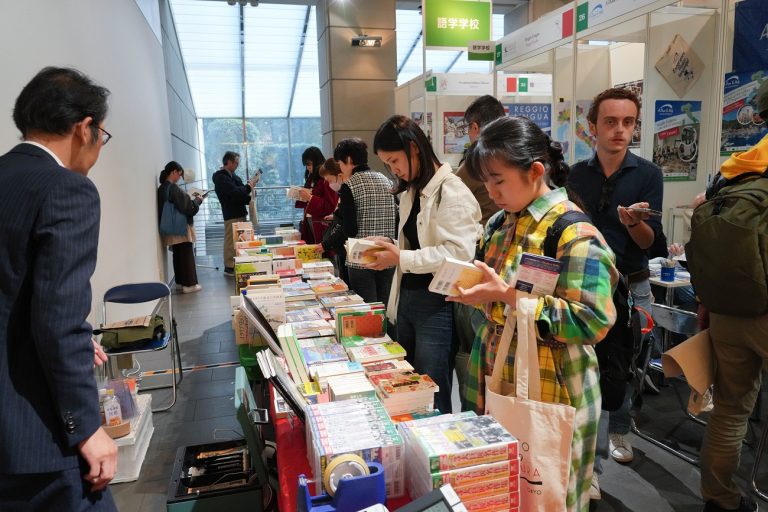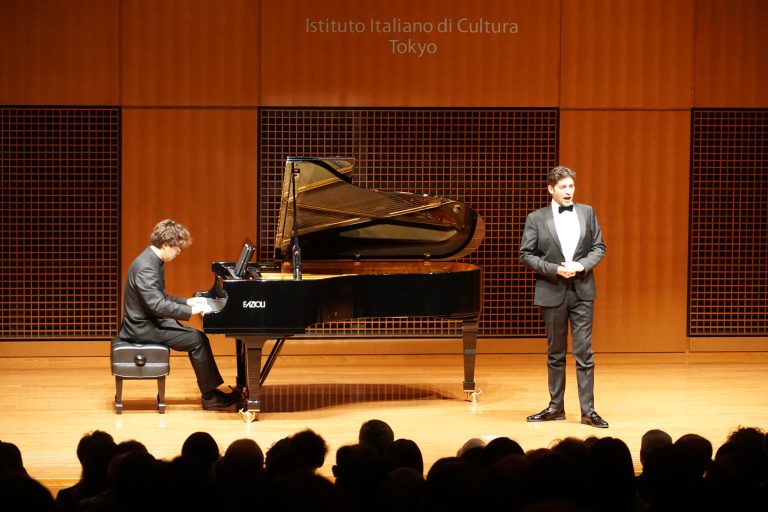To mark the 22nd edition of the Week of the Italian Language in the World (Italian initials SLIM), which ran from 17 to 22 October, the Embassy of Italy in Beijing organised and hosted a rich programme of events and initiatives to celebrate Italy’s language and culture. The programme was organised in cooperation with Uni-Italia. The theme of this year’s edition was “L’italiano e i giovani. Come scusa? Non ti followo”, an alternative route to observe up close the forms and ways of communicating in a highly digitalised era.
The SLIM opened with the constituent assembly of the Association of Italian Teachers of the Italian Language in China (AIILIC). Over 30 Italian language teachers working in China took part, including university teachers of Italian sent through the Farnesina’s programme. The assembly was attended by the Head of the Embassy’s consular chancery, Simone Panfili, and the Director of the Italian Cultural Institute in Beijing, Federico Roberto Antonelli. During Italian Language Week, the Institute hosted a wide range of events. Highlights included the screening of films in Italian with Chinese subtitles (“Flash” by Valerio Vaestoso, “Mi hanno sputato nel milkshake” by Beppe Tufarolo and Carolina Cavalli, “Up&down” by Lorenzo Vignolo and “Atlas” by Niccolò Castelli). Other high spots were a documentary on the Accademia della Crusca (“La fabbrica dell’italiano”) and the opening of an exhibition entitled “Italian Excellence: the new generation of Italian children’s illustrators”. The Week closed on Saturday 22 October with a full day of events devoted to Italian and young people.
To crown the SLIM, the Embassy of Italy and the Italian Cultural Institute in Beijing reopened the Saturday school for the Italian language and culture, intended mainly for children and young people from the Italian community in Beijing. The school had been closed for a period, as a result of the pandemic.
All of the SLIM initiatives attracted considerable numbers of participants. They included leading figures from the local cultural and academic communities and noted Chinese and Italian influencers. As the Ambassador of Italy to China remarked, this confirmed “China’s strong interest in the Italian culture and language, including amongst the youngest members of the public”.

